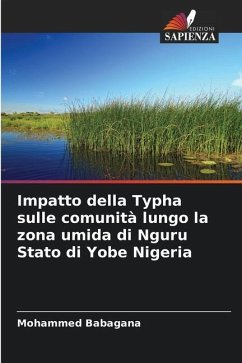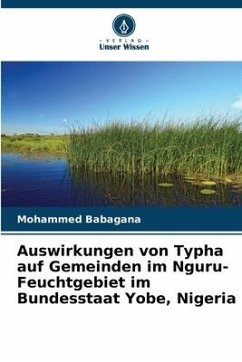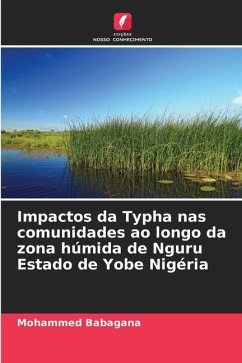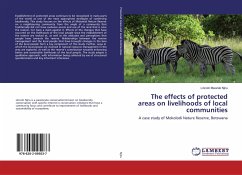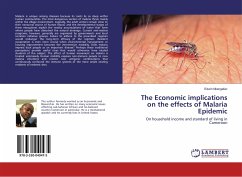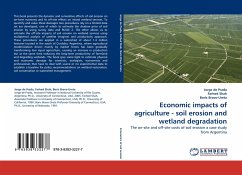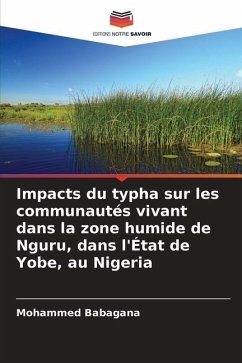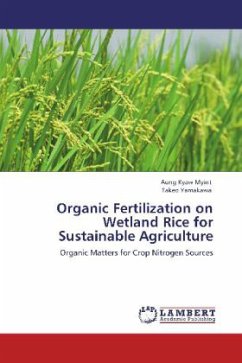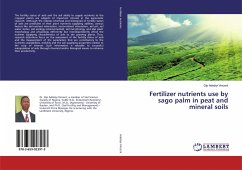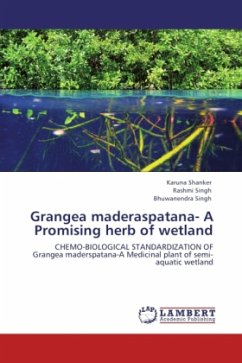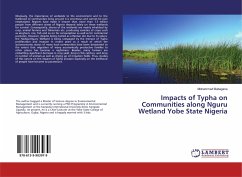
Impacts of Typha on Communities along Nguru Wetland Yobe State Nigeria
Versandkostenfrei!
Versandfertig in 6-10 Tagen
22,99 €
inkl. MwSt.

PAYBACK Punkte
11 °P sammeln!
Obviously, the importance of wetlands to the environment and to the livelihood of communities living around it is enormous and cannot be over emphasized. Reports have made it known that, more than 1.5 million people from different states of Nigeria depend solely on these wetlands for survival. Consequently, shores of the wetlands are mainly inhabited by crop, animal farmers and fishermen etc. producing varieties of crops such as sorghum, rice, fish and so on for consumption as well as for commercial purposes. However, despite being named as a Ramsar site due to its values, the Hadejia-Nguru We...
Obviously, the importance of wetlands to the environment and to the livelihood of communities living around it is enormous and cannot be over emphasized. Reports have made it known that, more than 1.5 million people from different states of Nigeria depend solely on these wetlands for survival. Consequently, shores of the wetlands are mainly inhabited by crop, animal farmers and fishermen etc. producing varieties of crops such as sorghum, rice, fish and so on for consumption as well as for commercial purposes. However, despite being named as a Ramsar site due to its values, the Hadejia-Nguru Wetland is being rampaged by the menace of Typha proliferation and invasion in recent years as a result of which the socioeconomic status of many local communities have been devastated to the extent that migration of many economically productive families to other places has become a nightmare. Besides, many farmers are embattling significant decrease in crop yield, drop in fish catches, and drop in number of animals as well as drying up of irrigation fields. Thus, studies of this nature on the impacts of Typha invasion especially on the livelihood of people have become so paramount.



